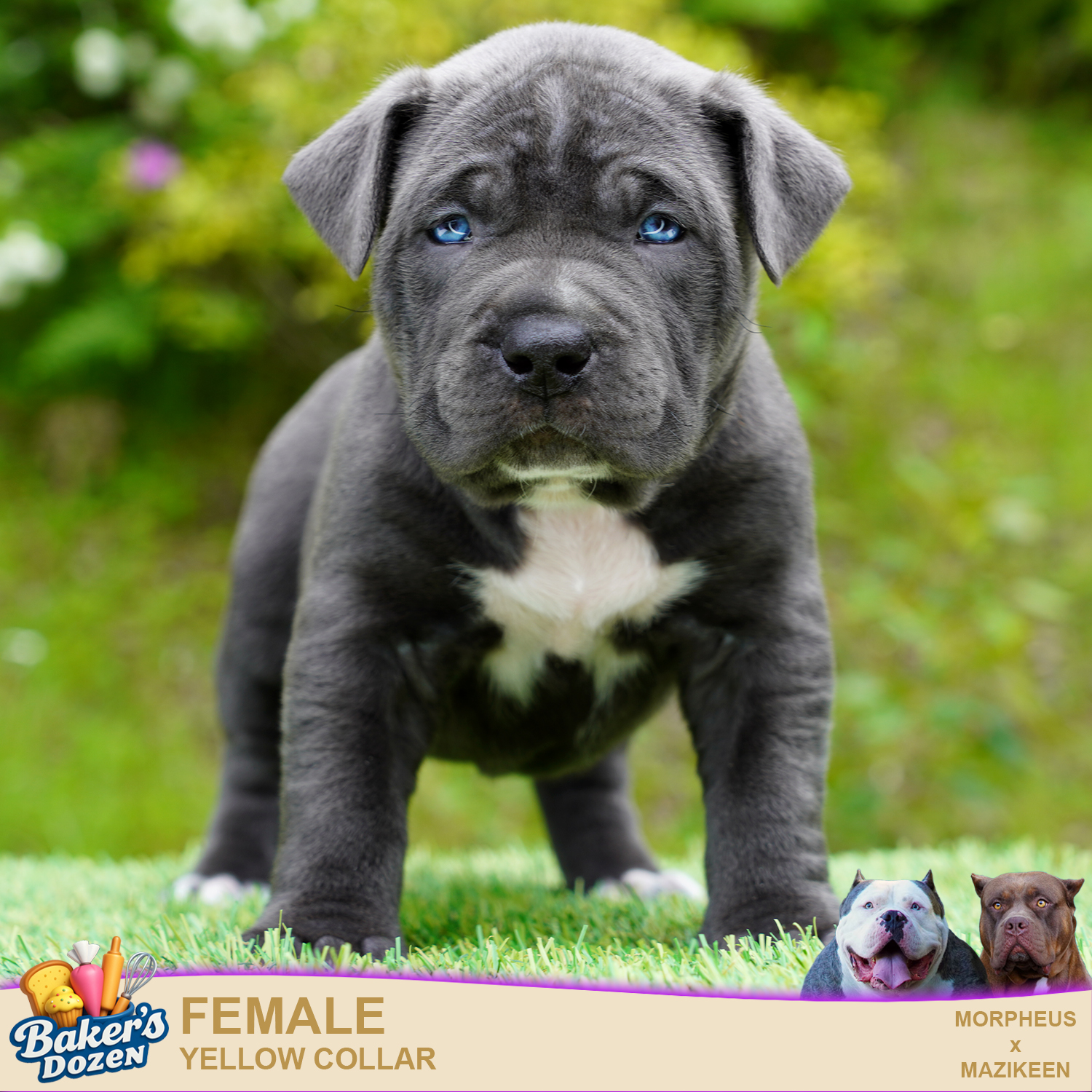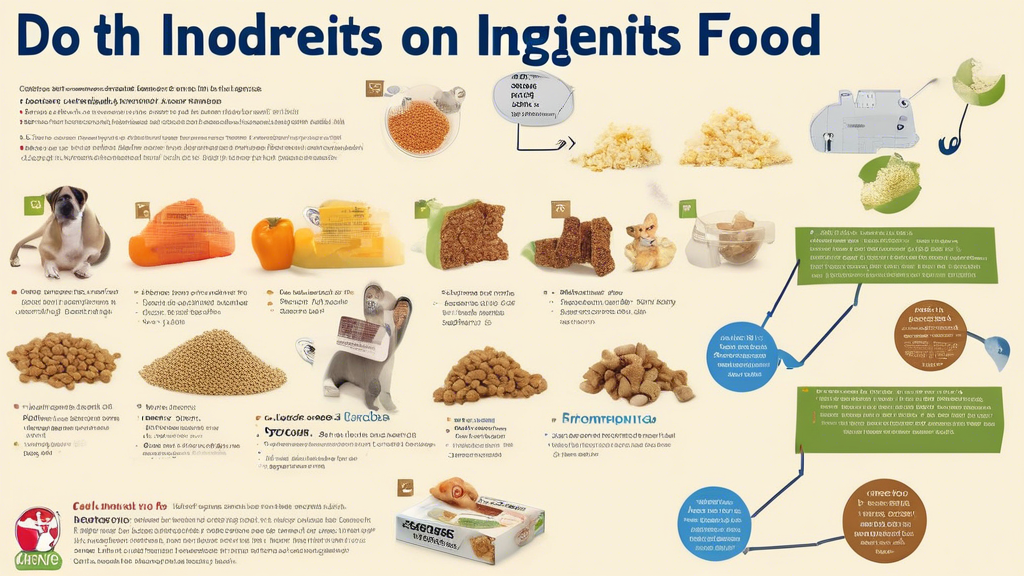**SEO-Optimized Introduction:**
**Understanding Pitbull Metabolism and Weight Management**
Managing the weight of Pitbulls requires a comprehensive understanding of their unique metabolic characteristics and demanding nature. Pitbulls possess a high lean muscle mass and an active temperament, which influence their caloric needs and weight management strategies.
This article delves into the factors that affect Pitbull metabolism, including age, sex, and activity level. It also explores the influence of genetics and breed-specific traits on weight management. Additionally, it provides tailored nutritional recommendations, appropriate feeding schedules, and exercise regimens to help Pitbulls maintain a healthy weight. By addressing common weight-related challenges faced by Pitbulls, this article aims to empower dog owners with the knowledge and tools to effectively manage their canine companion’s weight and overall well-being.
Pitbull Metabolism: Factors and Implications for Weight Management
Unique Metabolic Characteristics
Pitbulls possess distinct metabolic traits that influence their weight management. Their high proportion of lean muscle mass contributes to an elevated metabolic rate, allowing them to burn calories efficiently. Additionally, Pitbulls have an innately active nature, engaging in regular exercise and play.
Influences of Age, Sex, and Activity Level
As Pitbulls mature, their metabolic rate naturally declines with age. Similarly, male Pitbulls tend to have a higher metabolic rate than females due to their larger muscle mass. Activity level also plays a significant role; more active dogs require more calories to fuel their energy expenditure.
Genetics and Breed Characteristics
Genetic factors can influence metabolic rate and weight management. Certain Pitbull bloodlines may have inherited predispositions for weight gain or challenges with weight loss. Understanding the potential genetic implications of Pitbull metabolism is crucial for tailored weight management strategies.
The #1 Free Source for Pitbull & Bully Pedigrees!

Weight Management Strategies for Pitbulls
Tailored Nutritional Recommendations
Pitbulls possess a unique metabolism that necessitates a specialized nutritional plan. Their high lean muscle mass and active nature demand a diet rich in protein and moderate in carbohydrates. High-quality protein sources, such as lean beef, chicken, and fish, support muscle maintenance and recovery. Carbohydrates can provide the necessary energy for their active lifestyle, but should be limited to prevent weight gain.
Appropriate Feeding Schedules and Portion Sizes
Establishing regular feeding times and adhering to appropriate portion sizes is crucial for weight management in Pitbulls. Overfeeding is a common pitfall that can lead to excess weight and health issues. Determine the recommended daily calorie intake based on your Pitbull’s age, weight, and activity level. Divide this amount into two or three meals per day to prevent overeating.
Importance of Regular Exercise
Regular exercise plays a vital role in maintaining a healthy weight for Pitbulls. These active dogs require both physical and mental stimulation. Physical exercise should include a combination of aerobic activities, such as running or swimming, and strength training, such as weightlifting or playing tug-of-war. Mental stimulation, such as interactive games, agility training, or obedience classes, aids in preventing boredom and promoting overall well-being.
Common Weight-Related Challenges and Solutions
Pitbulls may face specific weight-related challenges. Obesity is a prevalent concern, often resulting from overfeeding or insufficient exercise. To address obesity, gradually reduce calorie intake and increase exercise duration and intensity. Digestive issues can also affect weight management. Pitbulls may be prone to allergies or sensitivities to certain foods, leading to gastrointestinal distress and reduced nutrient absorption. Consult with a veterinarian to determine the underlying cause and adjust the diet accordingly.
**Conclusion**
Understanding the unique metabolic characteristics of Pitbulls is crucial for effective weight management. Their high lean muscle mass and active nature make them prone to obesity if not properly managed. Tailored nutritional recommendations and regular exercise are essential for maintaining a healthy weight and preventing weight-related health issues.
By adhering to these weight management strategies, Pitbull owners can ensure that their beloved companions live long, healthy, and active lives. It is important to be mindful of potential weight-related challenges and to consult with a veterinarian for personalized guidance and support. By working together, owners and veterinarians can help Pitbulls achieve and maintain their optimal weight.














Leave A Comment